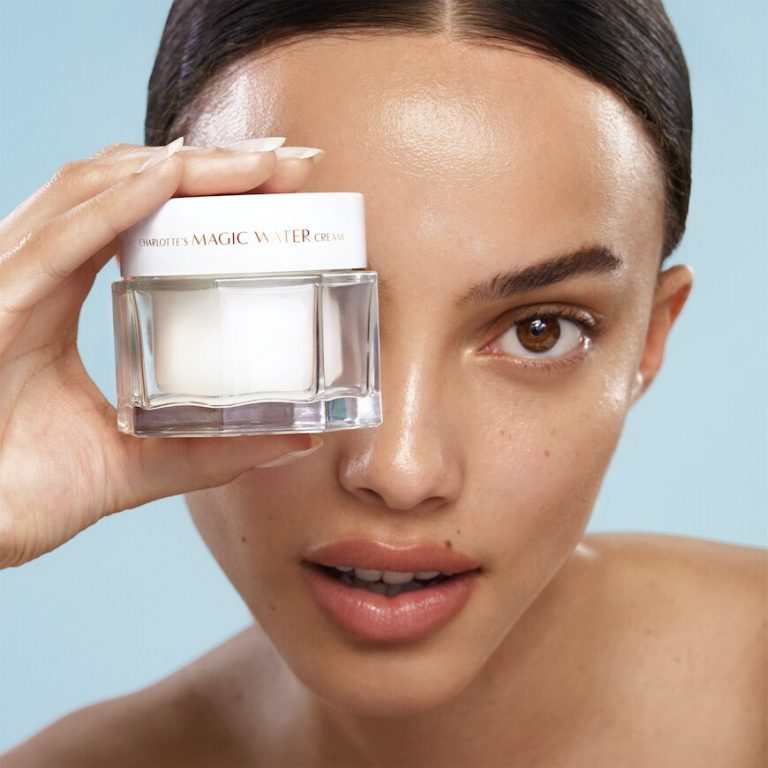
Why Does My Moisturizer Burn
Why Does My Moisturizer Burn?
Experiencing a burning or stinging sensation after applying moisturizer seems counterintuitive. Moisturizers get formulated to soothe, hydrate, and coddle the skin. So why does this product designed for comfort sometimes inflict discomfort?Why does my moisturizer burn? If your moisturizer burns upon application, several potential reasons may explain this reaction. Determining the underlying cause helps you find an appropriate solution.
Sensitivity to Certain Ingredients
One of the most common culprits behind burning moisturizers involves individual ingredient sensitivities. Even supposedly “gentle” formulas may contain components that trigger reactions for some people. Why does my moisturizer burn?Common offenders that can irritate sensitive skin types include:
- • Fragrances
• Drying alcohols
• High concentrations of AHAs or BHAs
• Botanical extracts like peppermint, eucalyptus, citrus, etc.
• Chemical sunscreens and preservatives
Those with rosacea, eczema, or compromised skin barriers tend most susceptible to these potential irritants. The burning sensation often signals an inflammatory response as skin reacts defensively to components it cannot tolerate.
Product Interactions Causing Irritation
Mixing skin care actives and treatments carelessly may also instigate burning from moisturizers. For instance, using retinoid creams or acne treatments with certain drying ingredients can seriously impair the skin barrier. This increases vulnerability to all products, including gentle moisturizers.
Applying moisturizer over freshly exfoliated skin also stings sometimes. The brand new skin exposed can temporarily feel raw and sensitive until it adjusts. This heightened reactivity may trigger a warming or burning feeling until the protective barrier restores itself.
Unintentional Product Contamination
If a moisturizer works fine alone yet suddenly burns, the bottle may have inadvertently become contaminated. Why does my moisturizer burn?Introduction of other product residues or bacteria into the formula could potentially degrade or destabilize ingredients. This unexpected change in chemistry might prompt stinging.
Users should always fully remove all old skincare products before applying new formulas. This prevents any accidental interactions or contaminations that could irritate. Fully cleansing before moisturizing drastically minimizes this issue.
Using Too Much Product
Overloading the skin with thick, rich moisturizers may overwhelm its ability to fully absorb the formula quickly. Until it gradually soaks in, that dense unabsorbed layer can feel occlusive and smothering on the surface. This trapped sensation might register as a temporary burning effect.
To prevent this, use only a nickel-sized amount of moisturizer at a time, smoothing it across the face gently with clean fingertips. Applying smaller amounts gradually allows better absorption without potential heaviness or clogging. Let each layer fully soak in before deciding if more hydration gets needed.
High-Potency Active Ingredients
Many modern moisturizers now incorporate advanced active ingredients like antioxidants, retinols, acids, and high-tech peptides. These potent additives can increase a moisturizer’s potential to cause mild temporary tingling or warming sensations. Allow skin time to acclimate to high-powered formulas like these. Start slow with gradual introduction.
However, if the burning escalates to painful levels or causes persistent irritation, discontinue using those intensively-active moisturizers. The skin may simply not tolerate the potency of those specific ingredients no matter how slowly introduced.
Damaged or Expired Moisturizer
Check the expiration date and condition of your moisturizer if it suddenly starts burning after previous pleasant use. Over time, active ingredients like antioxidants and hydrators can break down and destabilize within the formula. This degradation might create inflammatory by-products that manifest as stinging upon application.
Also look for any signs the moisturizer separated, thickened, thinned out, or showed other signs of potential spoilage. Using contaminated or spoiled skin care will absolutely cause irritation and burning sensations. Replace questionable products immediately.

Changes in Skin Condition
Sometimes the burning symptom relates to fluctuations in the skin’s overall condition rather than the moisturizer itself. Periods of hormonal shifts, illness, seasonal changes, and increased stress can all temporarily compromise the skin barrier and augment sensitivity. A previously beloved moisturizer may suddenly feel unpleasant during these vulnerable times.
The burning likely indicates the skin’s need for an even milder, simpler moisturizer to allow its protective barrier to recover and rebuild resilience. Once stabilized with basic hydration, slowly transition back to former moisturizing routines.
Address the root issue, and you should find relief from burning moisturizer woes. With some experimentation, identifying the ideal soothing formula that causes zero irritation. Soft, comfortable hydration – never stinging or burning – should be the goal.


